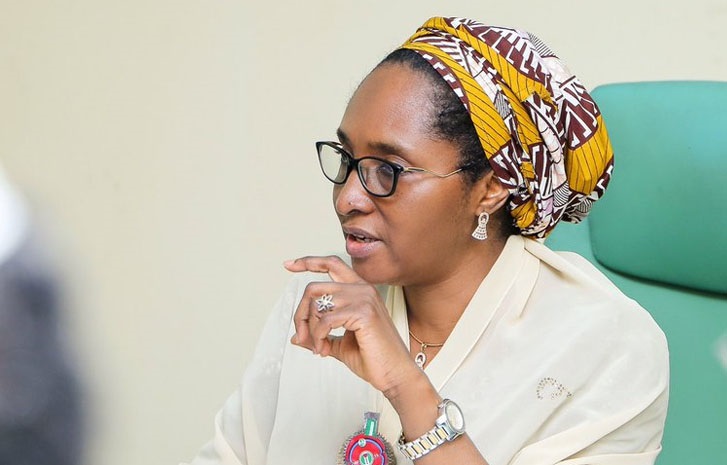There are no products in your shopping cart.
| 0 Items | £0.00 |


FINANCE minister Zainab Ahmed has revealed that Nigeria needs to invest at least $2.3trn in her infrastructure over the next 21 years if the country wants to modernise her facilities and have functioning public services.
Totally overwhelmed by the infrastructural challenge, Nigeria is reeling from the effects of inadequate power supply, a poor road network, limited water supply, not enough schools and an inexistent healthcare delivery system. According to the African Development Bank, Nigeria has an annual infrastructural deficit of $100bn but with an annual budget of about $30bn, funding this appears utopian.
Speaking at the Integrated Infrastructural Research for Development conference held in Abuja yesterday, Mrs Ahmed said that the revised National Integrated Infrastructure Masterplan was meant to find means of raising such funds. She added that the programme was designed to raise funding for key sectors in the economy such as power, rail, roads, housing and agriculture, between 2022 to 2043.
Mrs Ahmed said: “In the national development plan, we have costed the investment that is required, which is $2.3trn with a private sector contribution of 86% anticipated between 2021 to 2025. These are downturn investment targets but they represent the baseline requirements to build a modern Nigeria, an industrialised nation that we deserve for ourselves and also for our future generation.”
Speaking further, Mrs Ahmed noted that extensive consultation with the private sector had created an innovative approach to financing infrastructure projects. Citing an example, she said the Road Infrastructure Development and Refurbishment Investment Tax Credit Scheme launched in 2019 leveraged private sector expertise to construct, repair and maintain critical federal roads.
“We started the Road Infrastructure Development and Refurbishment Investment Tax Credit Scheme launched in 2019 to leverage private sector capital via tax credits and provide private sector expertise to construct, repair and maintain critical road infrastructure in key economic growth corridors and industrial clusters in Nigeria. With this project, the road projects have been approved and are at various stages of construction to the use of tax credit to finance the rehabilitation and reconstruction of road projects across six geopolitical zones of our country.
“So far, we have issued four circles of Sukuk bonds totalling N64.5bn and there’s a fifth circle that is under preparation that will be worth about N250bn. This is what we have issued so far and deployed for specific road projects across the country,” Mrs Ahmed added.